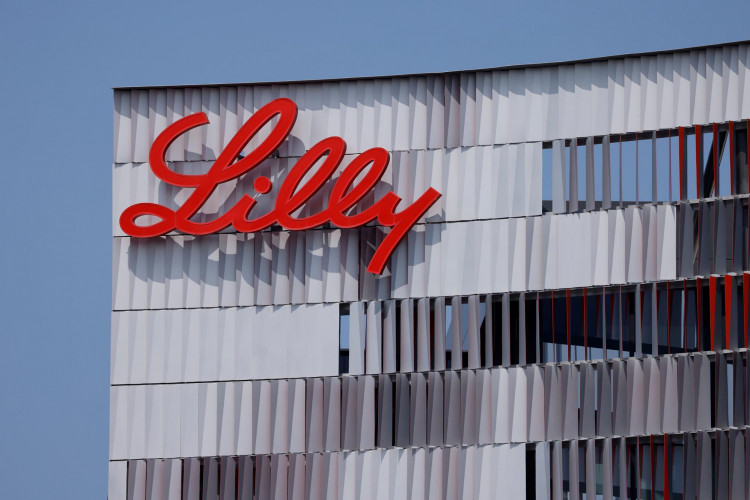Eli Lilly has partnered with direct-to-consumer health-care startup Ro to offer more affordable single-dose vials of its weight-loss drug Zepbound, aiming to streamline access to the popular treatment. The collaboration marks a significant step in the pharmaceutical industry's embrace of telehealth and direct-to-consumer models to meet soaring demand for obesity and Type 2 diabetes medications.
Starting Wednesday, eligible patients can use Ro's platform to receive an online diagnosis, obtain a prescription for Zepbound, and have the vials delivered directly to their homes. The integration with Eli Lilly's LillyDirect website simplifies the process, which previously required patients to navigate separate steps involving doctors, pharmacies, and delivery services.
"Patients usually have to go to multiple places to get Lilly's drug, like the doctor's office then a pharmacy," said Ro co-founder and CEO Zachariah Reitano in an interview. "This integration really creates a seamless patient experience where they don't have to go anywhere else. They can access doctors, labs, and a pharmacy that will give them access to Zepbound vials all in one place."
The single-dose vials offer a more affordable alternative to Zepbound's auto-injector pens, which can cost over $1,000 per month before insurance. A four-week supply of 2.5-milligram vials is priced at $399, while the 5-milligram dose costs $549. Patients must pay out of pocket for these vials and administer the medication using traditional syringes.
Patrik Jonsson, president of Lilly USA, emphasized the importance of accessibility. "Our goal is to break down barriers and provide patients with safe and effective options they can rely on," Jonsson said in a statement. The partnership aligns with Lilly's strategy to expand access to branded GLP-1 medications and counter the rise of compounded alternatives, which have gained popularity as cheaper, off-brand options.
Zepbound belongs to a class of drugs known as GLP-1 receptor agonists, which mimic hormones that regulate appetite and blood sugar. Similar medications, such as Novo Nordisk's Wegovy and Ozempic, have become highly sought after for weight loss and diabetes management, driving demand to unprecedented levels. The surge led to widespread shortages of branded GLP-1 drugs in recent years, prompting manufacturers like Eli Lilly to ramp up production and explore new delivery methods.
Eli Lilly first introduced Zepbound vials in August to address the affordability gap and expand its reach to patients without insurance coverage for the drug. Through its LillyDirect service, launched earlier this year, the company offers direct delivery of its medications, including Zepbound. Gifthealth, a third-party digital pharmacy, manages the dispensing and shipping of the vials.
The partnership also reflects the growing influence of telehealth platforms like Ro in reshaping how patients access and manage treatments. Originally founded in 2017 to provide online prescriptions for erectile dysfunction and hair-loss medications, Ro has since diversified its offerings to include skincare, fertility, and weight-loss treatments.
Ro's weight-loss program includes branded medications like Zepbound and an off-brand version of semaglutide, the active ingredient in Novo Nordisk's Ozempic. The company has positioned itself as a leader in telehealth weight-loss solutions, conducting studies to demonstrate its effectiveness in improving access for patients in rural areas and ensuring successful health outcomes.
Despite the cost reduction, Reitano acknowledged that Zepbound vials remain expensive for many patients. Roughly $400 to $500 per month for Zepbound is still "out of reach for many, but it is now far more in reach than" $1,000 or more, he said.




